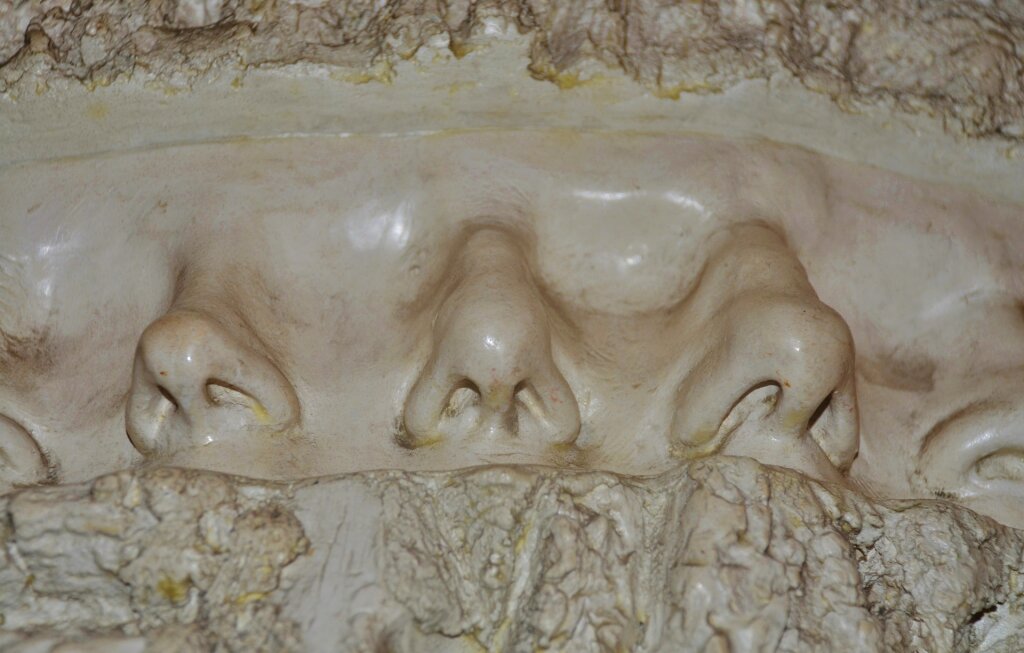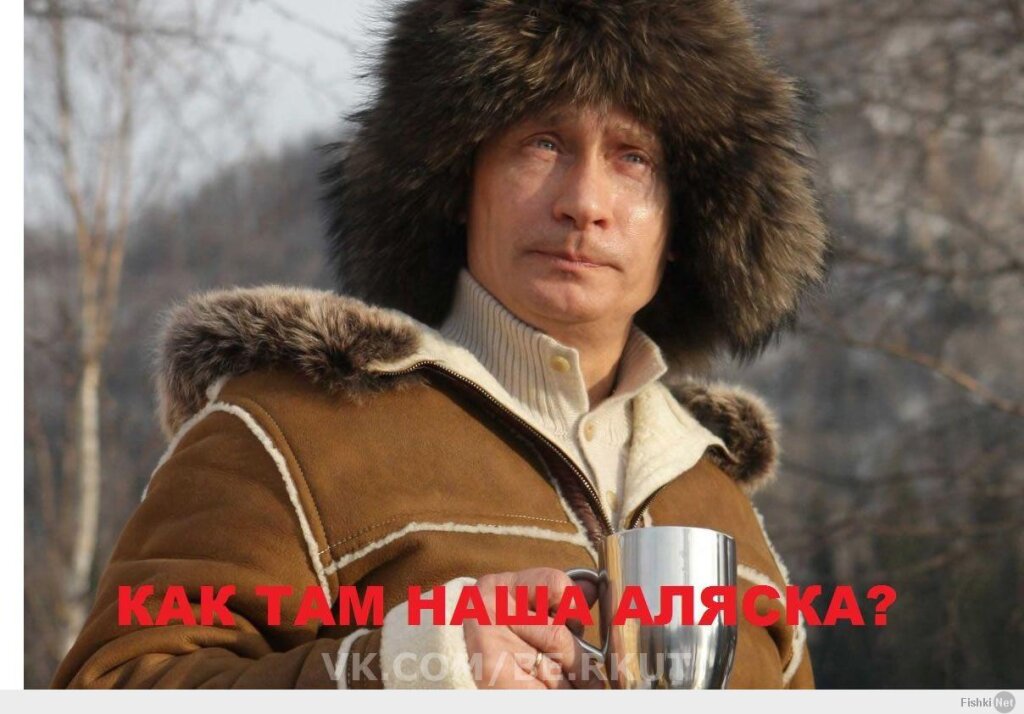The Jordan Center stands with all the people of Ukraine, Russia, and the rest of the world who oppose the Russian invasion of Ukraine. See our statement here.
Last spring the online working group 19v hosted a forum on the question: How will our scholarship on nineteenth-century Russian culture change in response to Russia’s war on Ukraine? Six scholars responded in brief talks, which were then followed by open discussion. Revised versions of the presentations were recently published as short essays in the journal Ab Imperio. The Jordan Center is grateful to Ab Imperio for their permission to post the below cluster introduction and one of the essays on the Blog this week.
Anne Lounsbery is a professor of Russian literature in NYU’s Department of Russian & Slavic Studies and a founder of 19v, an international working group devoted to the study of Russian culture and literature.
On May 25, 2022, six scholars—all primarily Russia specialists—responded to the question of how scholarship on nineteenth-century Russian culture would change in response to Russia’s war on Ukraine. The present grouping of thought pieces, written by five of our six original participants, grew out of the online event. We are grateful to Ab Imperio for bringing these informal mini-essays to a wider audience in such a timely way, and we hope the articles will help advance our field’s urgent discussion of how best to move forward.
My own work focuses on Russian literature, and often on canonical texts. But I feel no need to defend Russian cultural production: defending is not my job. My job is analyzing and understanding. To paraphrase Walter Benjamin’s words in Theses on the Philosophy of History, every document of civilization is also a document of barbarism. Thus one can appreciate and perhaps love, say, certain texts of American literature while also attending to—and even centering—the ways that these texts are implicated in the horrors of slavery and Jim Crow. The civilization and the barbarism are inextricable from one another. What we call “cultural treasures,” Benjamin says, “have origins which [we] cannot contemplate without horror."
This fact—and not any desire to defend—should be the starting point of our analyses. If it is not, we will always risk identifying too much with the victors. To quote Benjamin once more,
All rulers are the heirs of those who conquered before them. […] Whoever has emerged victorious participates to this day in the triumphal procession in which the present rulers step over those who are lying prostrate. According to traditional practice, the spoils are carried along in the procession. They are called cultural treasures.
Because I work on precisely such cultural treasures, I am obligated to ask how they have participated in projects both liberatory and oppressive.
As the essays in our Ab Imperio cluster and other responses to the war have begun to suggest, for those of us who study Russia there is more than one ethical way to proceed. Some scholars will draw more attention to Russia’s straightforward acts of domination, including cultural domination, on its imperial peripheries, examining the continuities between today’s war and imperial Russia’s discourse about Ukraine (as does Taras Koznarsky’s essay in our cluster). Others will focus on emancipatory and anti-imperial messages in the Russian tradition, including long-marginalized voices that might change our ideas about “the tradition” itself. Some will explore how the sources we have privileged tend to shape and misshape the narratives we produce (see Susan Smith-Peter’s contribution, to appear in coming days on this blog). Others will examine how Ukrainianness itself has been elided in Russian texts (see Olga Maiorova’s essay, which also recognizes those Russian writers who welcomed the prospect of Ukrainian cultural emancipation and even statehood). Some will examine how Russian culture has both absorbed elements of other traditions and worked to obscure this appropriation (see Koznarsky and Yuliya Ilchuk), insisting that we recognize the hybrid nature not only of Ukrainian literature but of the Russian Empire’s cultural production (Ilchuk). Some will try to disentangle Russian-language cultural production from “Russianness,” attempting to conceptualize a Russophone literature that is de-linked from Russia’s state or its “national identity.”
As for my own scholarship, it will not be possible for me to separate Russian literature from ideas (including pernicious ideas) of “Russianness.” The canonical texts I teach and write about are too tightly intertwined with these mythologies—especially with certain ideas of Russian literature’s “greatness” (velichie)—which in turn have long been tightly intertwined with the Russian state’s self-mythologizing.
I will give an example of how this plays out in the (American) classroom. On February 24, 2022, I was one month into a semester-long undergraduate seminar on Gogol, a major focus of which is always the complicated dynamic of empire and cultural hybridity in his writing and career. But that is not why students typically sign up for the class: rather, as they explain when I poll them, they are there because they have heard that Gogol is “a great Russian writer.” Obviously, by January 2022 scholars had long known it was important to interrogate these ideas, so the first assignment was to read and deconstruct—with the help of Ukrainian scholarship like Serhii Plokhy’s—Vladimir Putin’s July 2021 statement “On the Historical Unity of Russians and Ukrainians.” The assignment left students in a good position to understand the phenomena of Russian imperialism and cultural appropriation, which of course became central to our discussions when the invasion started. The students readily grasped connections between literature and imperial/ethnic domination, drawing their own connections between Gogol’s “performances of Ukrainianness” and, say, the challenges that have faced African American writers.
But what they did not grasp—indeed what they initially objected to—was my suggestion that we as readers were implicated in these processes. Having come to Russian literature for the greatness, I said, we are involving ourselves in a mythology that can perpetrate serious distortions. Luckily, Gogol’s texts offer many ways of exposing the problems inherent in velichie: for example, in certain passages Dead Souls insists on its own greatness to such a bizarre degree that the category itself is implicitly called into question, becoming suspect, a kind of mirage—especially when it is read against the incoherence and meagerness of the world the text represents. Indeed we might read Dead Souls as a manifestation of the terrible abyss between Russia’s fractured reality and its hysterical claims of unitary greatness. It is this uncomfortable combination that makes possible Dead Souls’ relationship to Russian “greatness”—that is, it is both critique and apologia. But having recognized this rather obvious fact, we are not finished. We need to go further than echoing Benjamin’s point that in all “cultural treasures” civilization and barbarism are inextricable from one another. One text that might help us here is T. S. Eliot’s essay “What Is a Classic?” because Eliot’s idea of the “classic” resonates with what is called “greatness” by many readers of Russian literature (despite his caveat that to call a text “classic” is not the same as calling it the “best”).
Given that Eliot’s essay was written in 1944 during what he calls the “progressive mutilation and disfigurement” of Europe, we might expect the poet to emphasize the unifying powers of a shared literary tradition. And to an extent he does, declaring that thanks to Virgil’s Aeneid, (“the universal classic”), European literature can trace its “parentage” to Rome and from there to Greece.
Less expected, however, is the approving connection Eliot draws between classic texts and empire. Not only does he imply that the very idea of a classic is dependent on empire, he comes close to arguing that only empires can produce “classics.” If Roman literature is “universal as no other literature can be,” he writes, that is because Rome was “an empire and a language with a unique destiny” (and Virgil was “the poet in whom that Empire and that language came to consciousness and expression”). Thus Rome produced “a literature unconsciously sacrificing, in compliance to its destiny in Europe, the opulence and variety of later tongues, to produce, for us, the classic,” and in these lines the parallel between classic and empire comes to the fore, since the classic is imagined as a force that is at once unifying, standardizing, and vaguely coercive.
This is not the place for a full account of Eliot’s complicated text, and I do not wish to misread it by insisting on an exact equivalence between his view of the classic and common ideas about Russian literature’s greatness. Rather, I use his essay to suggest how difficult it will be to disentangle our conceptions of literary greatness from the easy seductiveness of imperial thinking, which in many cases is built into our unconscious perceptions. In our efforts, we can look for help to the texts themselves, even the “greatest” of which reveal doubts about the imperial project in which they are so often enlisted, and on which they draw for their power.



